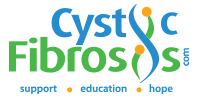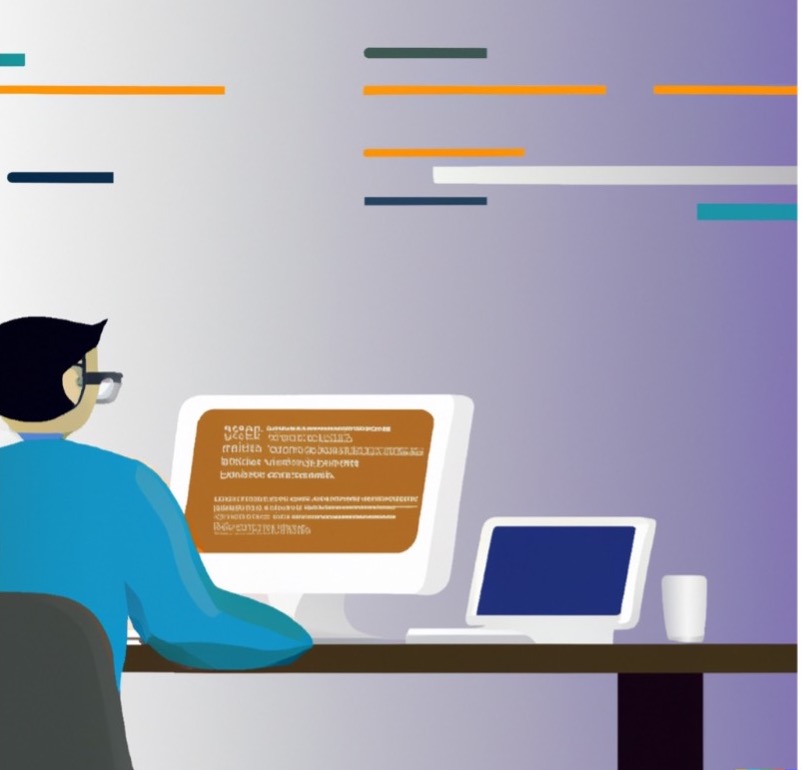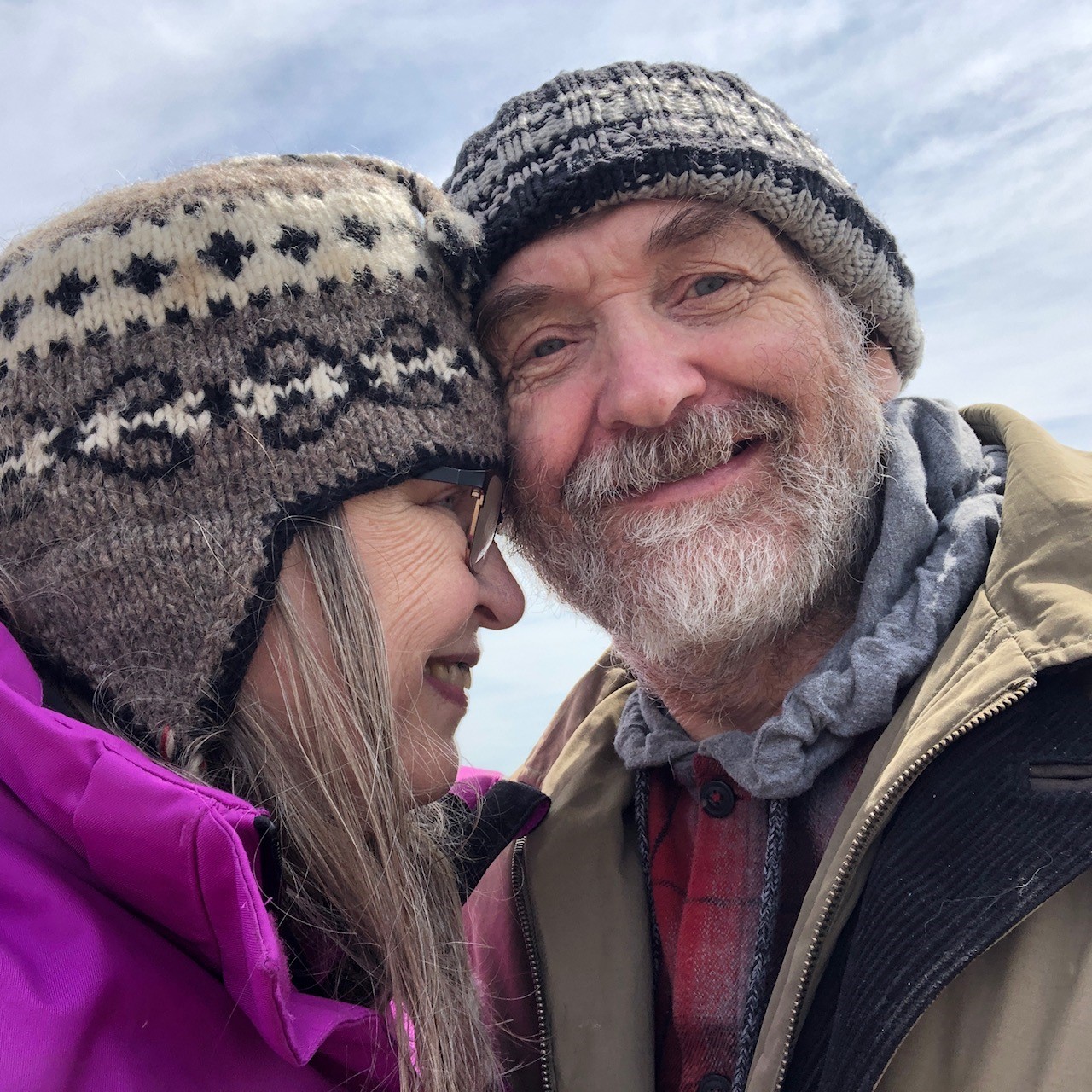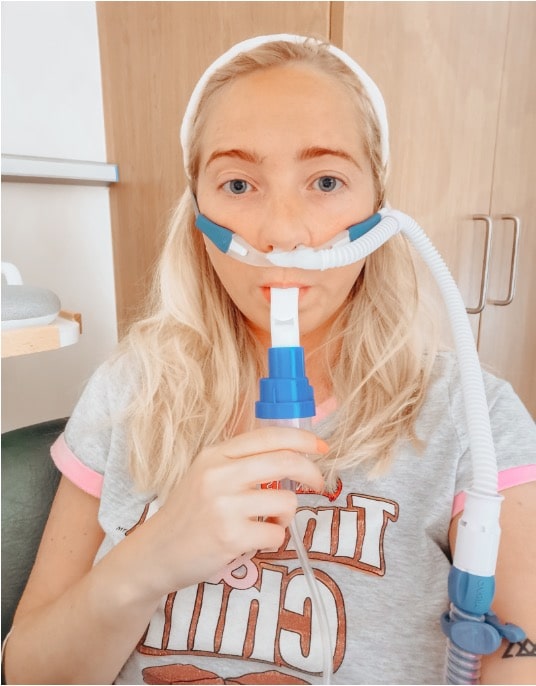Tips on Taking Care of Your Lungs with COVID-19 (from a successful Cystic Fibrosis patient)
The cystic fibrosis community is at high risk for serious complications from COVID-19. Through a recent survey of the online patient and caregiver CysticFibrosis.com community (200+ participants) conducted by the non-profit CFTechnology.org, we discovered that CF patients are faring quite well at home.
This is in great part because they are the original experts at avoiding germs and maintaining respiratory health. It is worth noting that the CF population live with some of the world’s most threatening bacteria permanently inhabiting their lungs.
From a survey responder (a patient from Wisconsin) we learn that “the rest of the world is now being asked to live how we live every day so I’m able to have different and more valuable conversations with people.”
The survey revealed insight from this community with extensive experience with respiratory illness that could help all of us survive this pandemic.
By following these protocols, here are some proactive ways you may be able to prevent serious complications from the virus.
SYMPTOMS OF COVID-19 Any of the following: loss of smell, dry cough, intense chills, headaches, fever, diarrhea, shortness of breath, ear pain, intense chest/back body aches.
- KEEP FEVER UNDER CONTROL
A cold compress (for sweating), blankets (for chills), and lots of liquids (for dehydration) can be helpful in allowing your fever to naturally run its course which evidence shows may help boost your immune system. Follow the guidance of your doctor to keep your fever under control so that you feel better, upright and moving. - STAY ACTIVE
Pneumonia thrives in inactivity. Get up and walk outside (with distancing and a mask) or exercise at home.
Between naps try to move as you did before you felt ill. Do not allow yourself to just lay around all day. Prop yourself up on many pillows and change positions multiple times per hour. This will help avoid secretions from pooling in certain areas of your lungs. Consider laying on your stomach so the greatest areas of your lungs on your back can still expand or even inverted.
If possible, get up and get your own food and drink. Your lungs need the movement. Breathing deeply as one does during exercise and engaging your diaphragm allows your lungs to open up and helps keeps your airways clearer. - BREATHING EXERCISES
Use this breathing technique to keep airways clear – Take a deep breath in through the nose and hold for 5 seconds then exhale through your mouth. Do this 5 times and on the 6th exhale as far as you can until you cough. Repeat this process 2 times. - Sit or lay and for 5-10 minutes every couple of hours and do deep breaths from your diaphragm (belly up and down) to get air into the smallest of airways deep within your lungs.
- (Demonstration by Lauren Brenneman with CF).
(Breathing Exercises Demonstration by Lauren Brenneman with CF)
- HUFF COUGHING
Do not take cough suppressants or antihistamines unless directed by a physician. You want to be encouraging your body to cough not suppressing it
If you have a dry cough or itchy throat drink tea or use a lozenge. If you have a wet cough, attempt to cough up secretions removing them from your body.
Learn to huff cough – it’s more efficient than the typical method of coughing because it keeps your airway open.
(Huff Cough Demonstration by Lauren Brenneman with CF)
- STAY HYDRATED TO DISCOURAGE PNEUMONIA
Aim for half your body weight in ounces each day. This will help keep your airway secretions thinner and more likely to be mobilized. Consider adding electrolyte powder in it with some carbs is fine as you likely aren’t eating as much and this will give you energy. It will also cause you to have to get up to go the bathroom. Movement is good! You want to keep your lung tissue and secretions hydrated in order to discourage pneumonia.
- MAINTAIN OPEN AIRWAYS Consider a hot steamy shower
to help open your airways or use an inhaler
every 4 hours or as prescribed by your doctor. Perform sinus rinses. Get a
netipot, sinus rinse bottle or aerosolized saline and clear your sinuses where
viruses try to hang out.
SUGAREat healthfully but most importantly try to eat even if you have no appetite. Resist the urge to eat sugary treats. Bacteria thrives on sugar and consumption raises your blood sugar level. Lungs circulate blood and it’s better for your blood to not have a large sugar supply for bacteria. Though COVID-19 is caused by a virus secondary bacteria infections can be involved in pneumonia.
- GLOVES, MASKS AND DON’T TOUCH YOUR FACE These are some tips especially for care givers going out in public on how to use gloves and mask N95s are best but anything is better than nothing. Consider purchasing a fabric mask from your local town Facebook page.
Gloves and Masks demonstration by Lauren Brenneman with CF)
TELEHEALTH
Contact your doctor when you first notice any symptoms. COVID-19 has brought about much needed changes for Telehealth. Insurance rules have changed and your physician and other health care providers now may get paid for phone and video conferences. Ask for it! Strides are being made with best practices for COVID-19 treatment and your doctor may have additional recommendations for you.
From our survey we found that 60% of our CF community already utilize remote telehealth and video conferencing options.
Says Jeanne Barnett founder of the on line CF community in 1996: “The CysticFibrosis.com community is pre-dominantly tech savvy, familiar with telemedicine and are also used to pulling together, supporting one another, sharing advice and medical information; it is second nature to them.”
We, as a CF community are doing everything to stay healthy and our mission is to have patients be able to access and follow their data, give permission for its use, and be compensated when it is used for research. We believe this is a 21st century job.
Now, with the pandemic of COVID-19, as some are “donating” their plasma in hope of helping find a cure, it is becoming clearer that HUMAN DATA ECONOMICS needs to be researched and resourced.
To find out more about our work at CFTechnology.org, please email us at info@cftechnology.org
Jeanne Barnett, President and Founder of Cysticfibrosis.com and the non-profit: CFTechnology.org
Lauren Brenneman with CF, VP, Director of Operations CFTechnology.org



